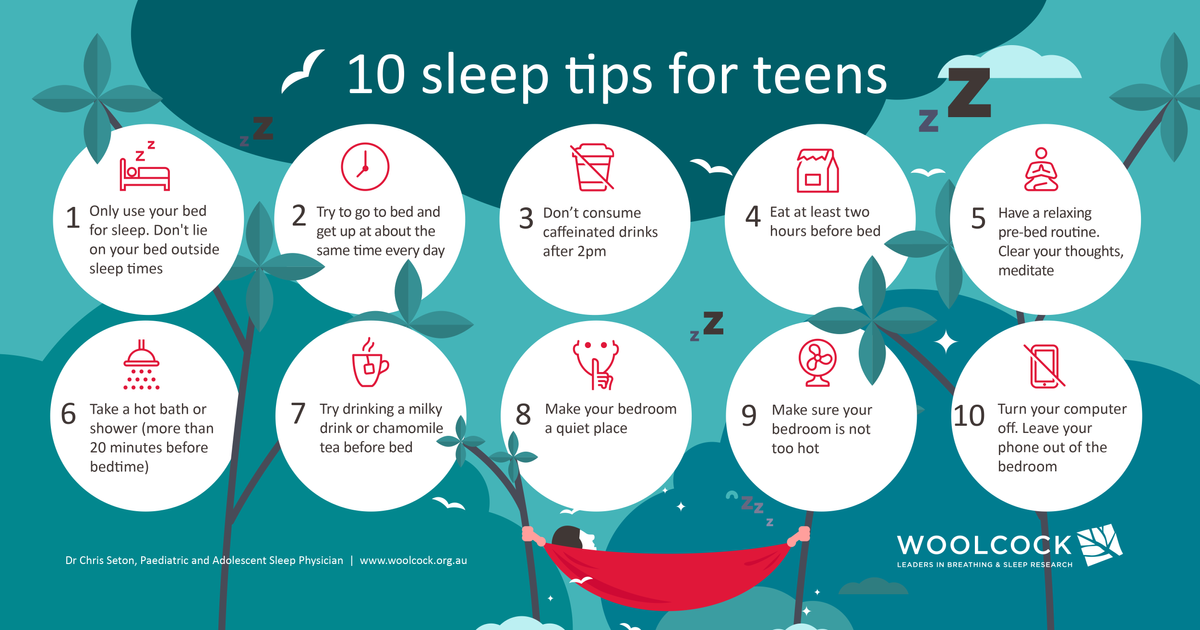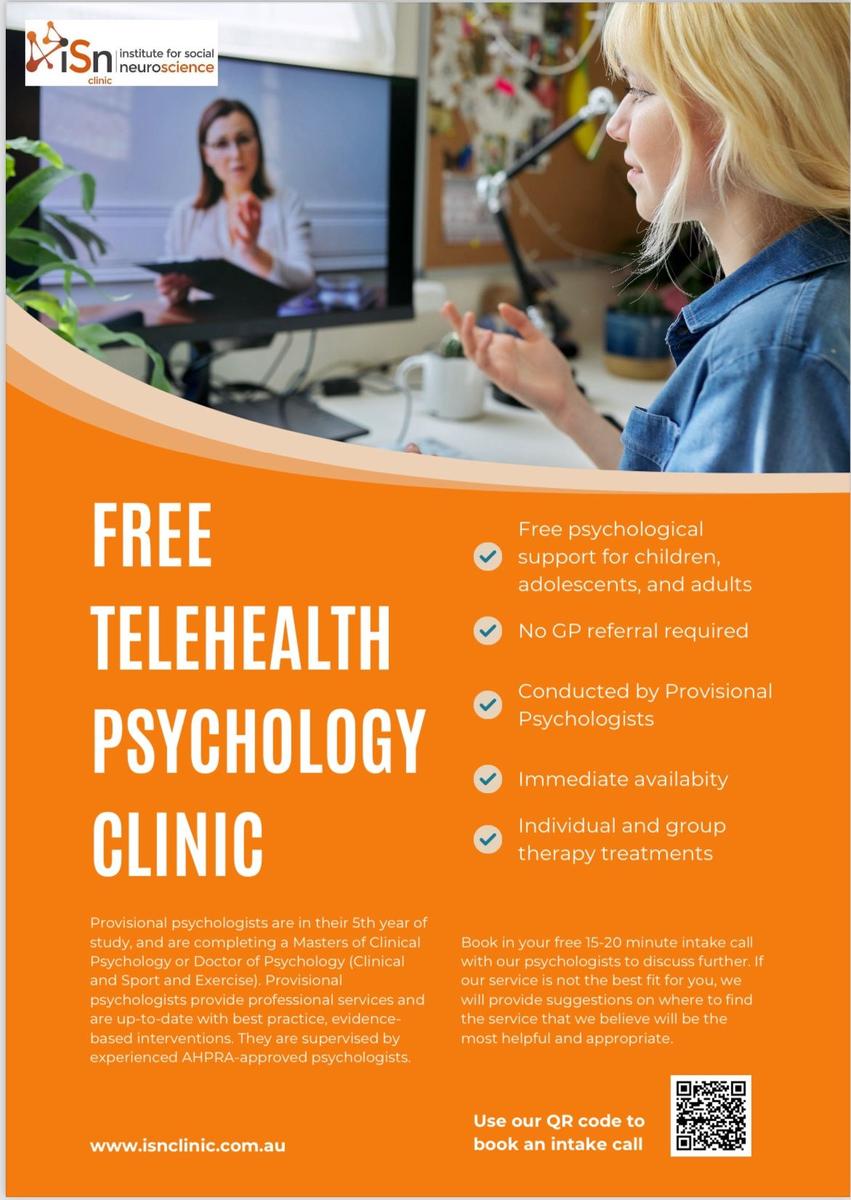Student Wellbeing

Improving Your Sleep Routine
Alright, let's talk about something that’s super important but often overlooked—sleep.
I know, I know, you've probably been told a million times that you need to get enough sleep. But seriously, there's a reason why everyone keeps saying it. Good sleep isn't just about not being tired—it's like a secret weapon for your health.
When you crash for the night, your body goes into repair mode. Imagine it like your body’s personal construction crew fixing up everything that got worn out during the day. Your muscles get to chill and recover, your brain is hard at work developing, and even your heart and metabolism get the tune-up they need.
A lot of people who go to therapy actually struggle with sleep. It’s important to figure out how much sleep you need. This can be different for everyone, but a good rule is to aim for 8 to 10 hours of sleep.
What’s Messing With Your Sleep?
Not Enough "Me Time" During the Day:
Ever notice how sometimes you just want to stay up late scrolling or watching videos? It might be because you didn’t get enough time to yourself during the day. If your schedule is packed and you’re staying up late just to unwind, try to find small breaks during the day to chill. It might help you get to bed earlier.
Anxiety and Overthinking:
When your brain won’t stop running at bedtime, it’s tough to sleep. If you’ve been anxious all day, it’s no surprise that those thoughts hit you hardest at night when things quiet down. Try dealing with anxious thoughts during the day so they don’t crash your sleep party.
Caffeine Too Close to Bedtime:
Whether it’s coffee, tea, or energy drinks, caffeine can mess with your sleep. Even if you feel like the buzz is gone, it could still mess up your sleep quality. A good rule? Cut off the caffeine by midday.
Poor Sleep Habits:
Setting up a chill bedtime routine can do wonders for your sleep. Here are some tips:
- Do Some Light Exercise Before Bed:
Low-key exercises like stretching or yoga can help you relax and get ready for sleep. - Adjust Your Screen Lighting:
If you can't resist screen time before bed, at least switch to night mode. That blue light from your phone or computer can mess with your sleep hormone, melatonin.
Create a Cozy Sleep Environment:
Your bedroom should be your sleep sanctuary. Keep it cool, dark, and quiet. Consider using earplugs, a sleep mask, or even a white noise machine if you need to block out distractions.
Wind Down with a Bedtime Routine:
Creating a bedtime routine can signal to your body that it’s time to sleep. Whether it’s reading a book, listening to calming music, or doing some deep breathing exercises, find what helps you relax.
Watch What You Eat Before Bed:
Heavy meals or sugary snacks right before bed can make it harder to sleep. Try to avoid big meals late at night, and opt for a light snack if you’re hungry.
Stay Active During the Day:
Regular physical activity can help you fall asleep faster and enjoy deeper sleep. Just try not to exercise too close to bedtime, as it might wake you up instead.
Talk to Someone if You’re Struggling:
If you’ve tried everything and still can’t sleep, it might help to talk to someone about it. A lot of students deal with stress and anxiety, and sometimes just talking it out can make a big difference.
Avoid Naps if You’re Struggling to Sleep at Night:
While a quick nap can be great, if you’re having trouble sleeping at night, it might be better to skip the nap or keep it short (like 20-30 minutes) and early in the day.
Get Some Sunlight During the Day:
Exposure to natural light during the day, especially in the morning, can help regulate your sleep-wake cycle, making it easier to fall asleep at night.
Try Journaling Before Bed:
If your mind is racing at bedtime, try writing down your thoughts in a journal. It can help clear your mind and reduce stress, making it easier to relax and fall asleep.
Mind What You Watch or Read Before Bed:
Watching intense shows or reading suspenseful books can make it harder to wind down. Opt for something lighter if you’re trying to relax before bed.
Other Ways to Improve Your Sleep:
- Go to bed at the same time every night to help set your body clock.
- Avoid caffeine or other stimulants at least six hours before bed.
- Try not to rely on things like sleep meds to knock you out—they can mess with your sleep in the long run.
- Take an hour to unwind before bed—whether it’s listening to calming music or just relaxing.
Remember, good sleep habits take time to build, but once you get them down, you’ll feel more energised and ready to take on whatever the day throws at you!
Youth Support Services
headspace: visit headspace.org.au to find your nearest centre or call headspace on
1800 650 890.
Kids Helpline:
1800 55 1800 or kidshelpline.com.au
ReachOut: reachout.com.au
SANE Australia: 1800 187 263 or sane.org
National 24/7 crisis services
Lifeline:13 11 14 or lifeline.org.au
EACH Community Health: 1300 003 224
Knox Youth Services: 9298 8469
Suicide Call Back Service: 1300 659 467 or suicidecallbackservice.org.au
beyondblue:
1300 224 636 or beyondblue.org.au
Student Wellbeing Team
Email: wellbeing@wantirnacollege.vic.edu.au
Ashleigh Bibby - Leader of Wellbeing
Guiseppe Relia – Wellbeing Counsellor
Talea-Jane Simpson – Wellbeing Counsellor
Sanela Avdic - Wellbeing Counsellor
Lea Marrison - Mental Health Practitioner
Tajinder Wulff - Mental Health Practitioner
Katrina Gyngell - Mental Health Practitioner




